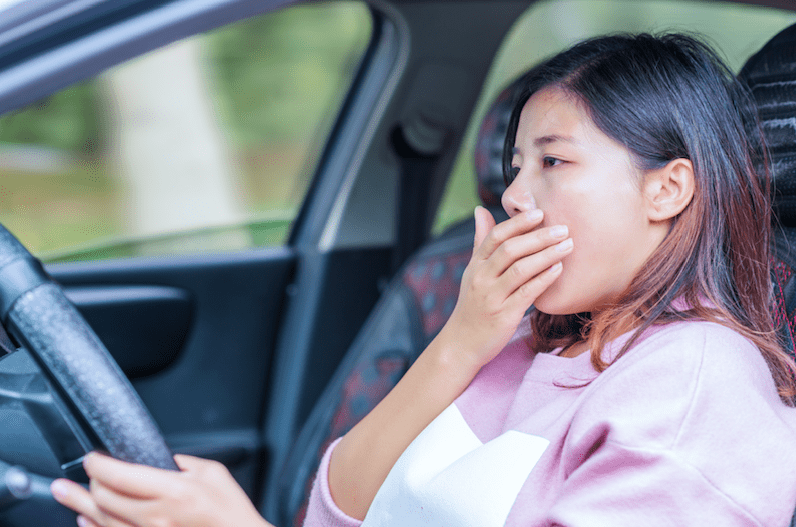There are many hazards we face today anytime we operate a motor vehicle. Weather, poor road conditions, and wildlife are some common hazards on the road today. There are also many hazards created by other drivers on the road. One very deadly activity that is taking place far too often is drowsy driving.
Drowsy Driving in the United States
In today’s world many of us are busier than previous generations have been. Between long hours at work, kids, house work, school, and any other obligations we have, there is more fatigue and drowsiness in the general population than ever before. Because of this fact of our fast-paced lives, drowsy driving is a major concern on our roadways. The National Highway Transportation Safety Administration reported that drowsy driving claimed 846 lives in 2018. Additionally, an estimated 37,000 injury crashes and an estimated 45,000 property damage only crashes occur annually related to drowsy driving. While general fatigue is a major cause of drowsy driving there are also several other causes.
Causes for Drowsy Driving
• Lack of sleep: The number of things we have going on in our lives can make it hard to get plenty of sleep. A Gallup Poll done in 2017 reported that 40% of Americans get less than 7 hours of sleep.
• Medical issues: Certain medical issues or health conditions can bring the onset of drowsiness even if a person has had plenty of sleep. One common example is thyroid issues.
• Drugs and/or alcohol: Drugs and alcohol on their own can cause an obvious hazard while driving. When they are paired with a lack of sleep or medical issues, it can be an extremely dangerous situation.
How to Avoid Drowsy Driving
• Get plenty of sleep. Most experts recommend at least 7 hours of sleep.
• Eat a good diet and drink plenty of water. Taking care of your body is important to be able to function at optimal levels.
• Consult your doctor for an unusual or excessive fatigue. It could be a symptom of an underlying health issue.
• Never drink and drive. Use caution even when only using prescribed medication. Many medications cause drowsiness.
• Pull over when drowsiness is setting in. A ten-minute nap can make the difference in whether or not you make it to your destination.
Summary
Do not be a drowsy driver. Take the necessary precautions to avoid putting yourself in a dangerous situation. Pay attention to the drivers around you and practice defensive driving techniques to protect yourself from other drivers who may be driving drowsy.
Remember to stay safe out there as your friends and family and co-workers are counting on you.
